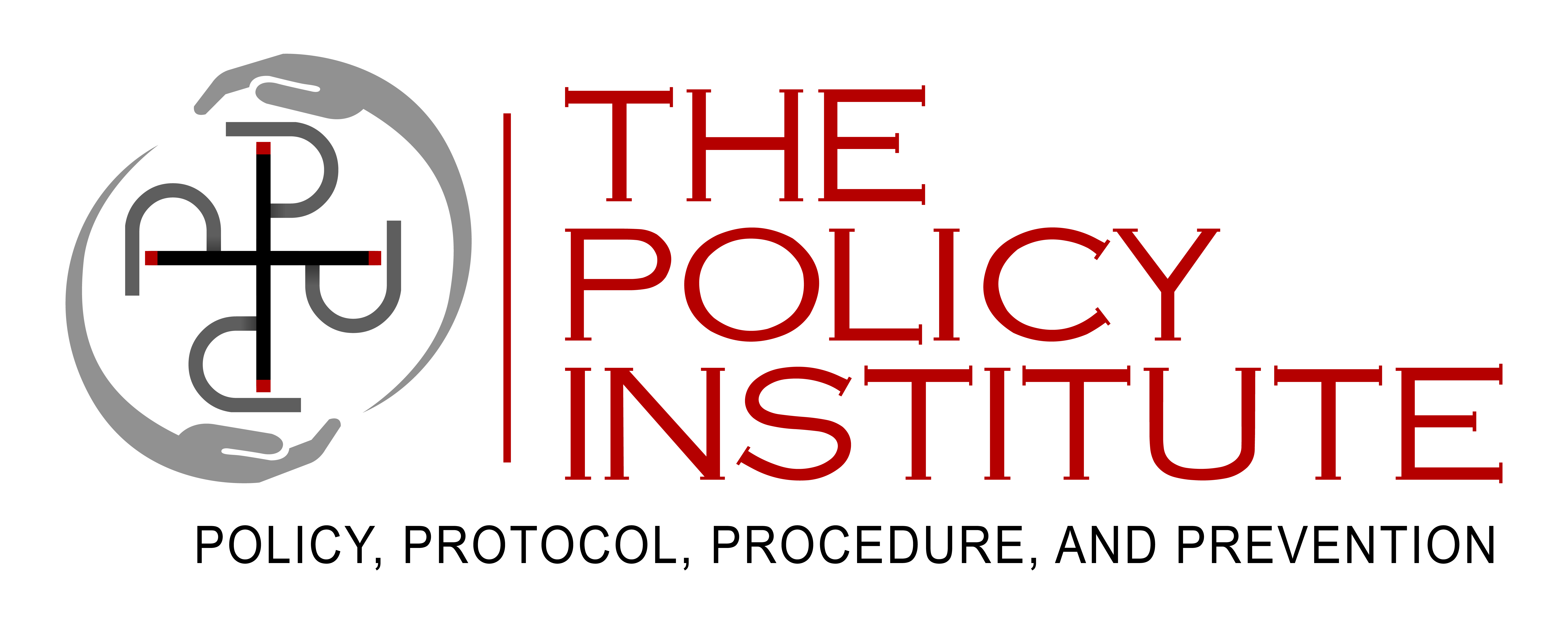Risk Issues: Sexual Assault. Cyber Misconduct. Harassment. Campus Safety. Title IX Compliance. Student discipline. Faculty and staff training. Government mandates. Public accountability with steep liability. Gender-based discrimination. Same-sex sexual assault. Male victims. Bystander intervention. Responding to the accused.
The Policy Institute Provides Practical, Customizable Solutions and Skill Building. Acquire current legal standards. Establish best practices for response and prevention strategies. Learn federal and state laws and litigation lessons learned. Understand technology’s intersection with sexual misconduct. Train comprehensively. Practice investigation techniques.
Tailored to K-12 and Higher Education. Community and Government Agencies. For ALL educational instutions. Private or public. Large or small. Religious or nondenominational. Urban or rural. Greek. Military. Athletics.
Essential Tools for an Updated Approach.
- Grasp changes in laws and definitions over the last decade.
- Understand “actual notice,” “fundamental fairness,” “providing notice,” and “deliberate indifference”.
- Craft a comprehensive sexual misconduct policy.
- Define technology-related sexual misconduct, consent, incapacity, sexual exploitation, and more.
- Set standards for properly processing complaints parallel with criminal and civil proceedings.
- Recognize the rights of an accused student and an alleged victim.
- Obtain strategies to best educate faculty and staff on sexual misconduct and response protocol.
- Utilize research supported methods to educate students, including integration into existing curricula and developmentally appropriate content for students of all ages, genders, religious affiliations, socio-economic backgrounds, and sexual orientations.
